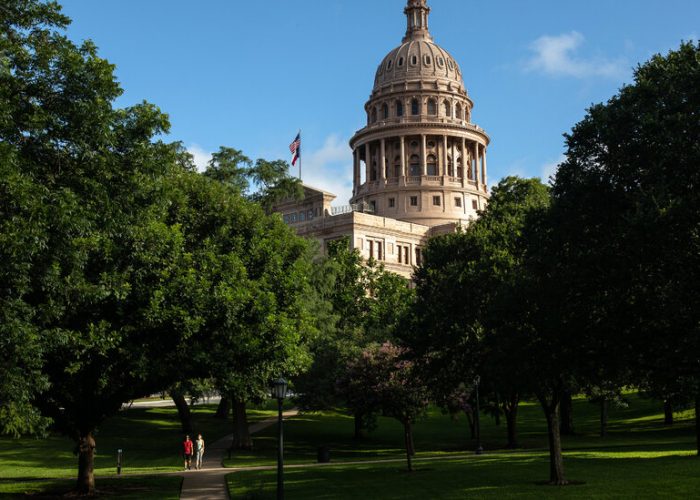Most glaringly, they also gave the party more power over the mechanisms of administering elections and counting ballots.
Arkansas empowered the State Elections Board to investigate local elections and take corrective action against suspected irregularities, purportedly to give Republicans a fair shake. Iowa and other states would levy fines and even criminal penalties for missteps by local election officials, raising concerns that punishments could be used for partisan gain.
Georgias legislature gave itself control over most appointments to the State Election Board and allowed it to investigate and replace local election officials. Already, lawmakers are seeking an inquiry in Fulton County, a Democratic stronghold, although procedural hurdles in the law raise questions about how easily it could be used for partisan ends.
The legislature also gave elected county commissioners sole power to appoint local election board members, a change that has already enabled the removal of at least 10 members of those boards, most of them Democrats.
Republicans say they are seeking to deter fraud and ensure that elections are better run. Many experts and most Democrats call the laws worrying, given efforts by G.O.P. legislators and officials in at least 17 states to halt or overturn the election of President Biden and their continuing calls for often partisan ballot reviews of long-settled elections. Many fear that such failed tactics are being retooled to succeed as early as 2024.
That is the absolutely last step toward an authoritarian system, said Thomas E. Mann, a co-author of two books about the implications of Republicans rightward drift, and theyre just hellbent on getting there.
The Republican speaker of the Georgia House of Representatives, David Ralston, rejected that. Claims that his states laws open back doors to sway election results, he said, amount to hysteria.read more
As Washington Stews, State Legislatures Increasingly Shape American Politics


